News: Featured
Morphing Risks to Australia’s Goods Trade with China
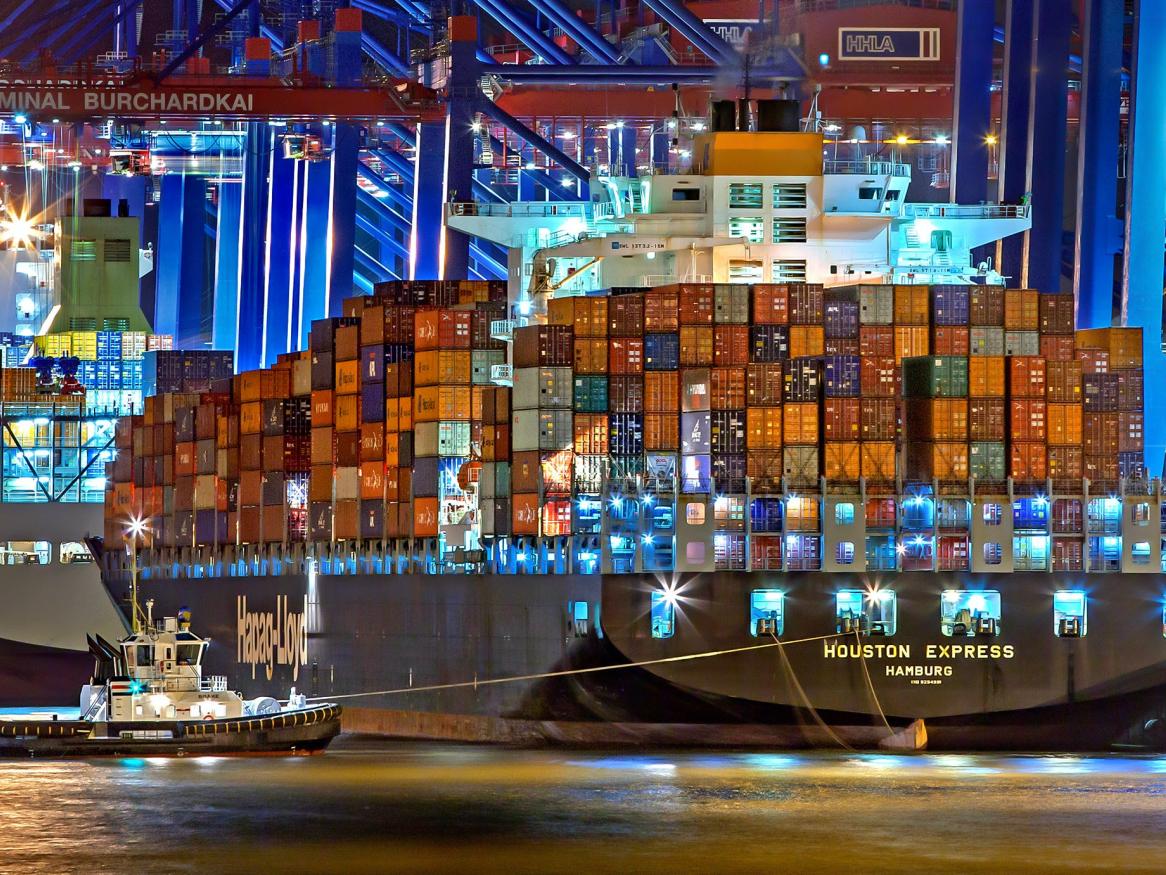
WORKING PAPER 02
At the start of 2020, the US-China Economic and Trade Agreement (the Phase One Agreement or Agreement) captured the attention of Australian policy makers and business. China had agreed to substantially increase goods imports from the United States in 2020 and 2021 and to accept certain US standards and conformity assessment procedures to assist US companies to access Chinese agricultural markets.
[Read more about Morphing Risks to Australia’s Goods Trade with China]
Cold War 2.0: Implications for Middle Powers

Carlos A. Primo Braga is an Adjunct Professor, Fundação Dom Cabral, Brazil.
The commercial and geopolitical conflict between China and the United States is unlikely to abate in the coming years. This brief discusses the contours of recent geopolitical history in order to contextualize the nature of this new “Cold War” between the two superpowers.
[Read more about Cold War 2.0: Implications for Middle Powers ]
Putting the Comprehensive Agreement on Investment (CAI) into perspective: Five key points

Bryan Mercurio is Simon F.S. Li Professor of Law at the Chinese University of Hong Kong. On 30 December 2020, the European Union (EU) and China ‘in principle’ concluded negotiations on a Comprehensive Agreement on Investment (CAI). The European Commission published the text of the CAI on 22 January 2021. The agreement has been welcomed by the business community but criticised by civil society and the United States (US).
The EU-China Investment Deal: Perspectives of the European services sectors on new opportunities in the world’s second largest economy
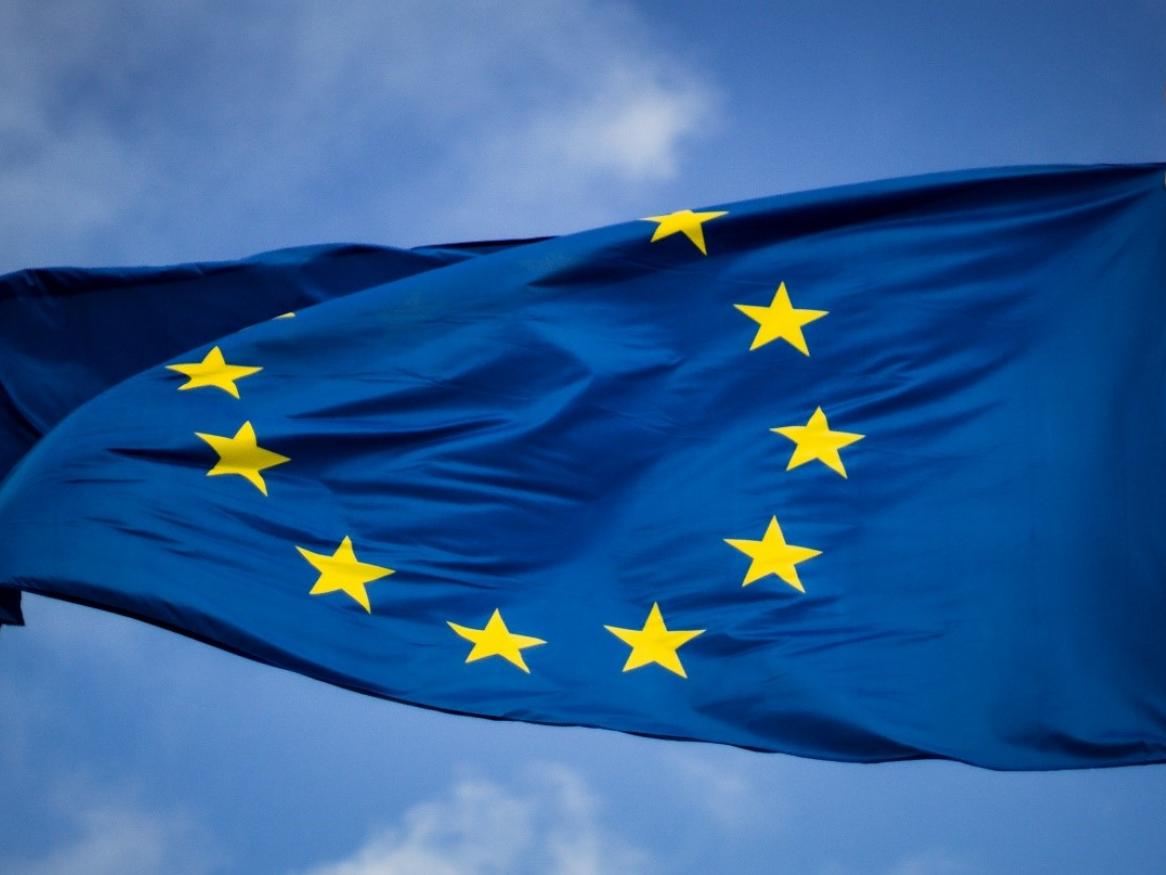
Dr Pascal Kerneis is Managing Director of the European Services Forum, Brussels.
On 30 December 2020, the European Union and China have concluded in principle the negotiations for a Comprehensive Agreement on Investment (CAI). What could this agreement bring to European service businesses?
Global Food Systems: Fit for the Future?
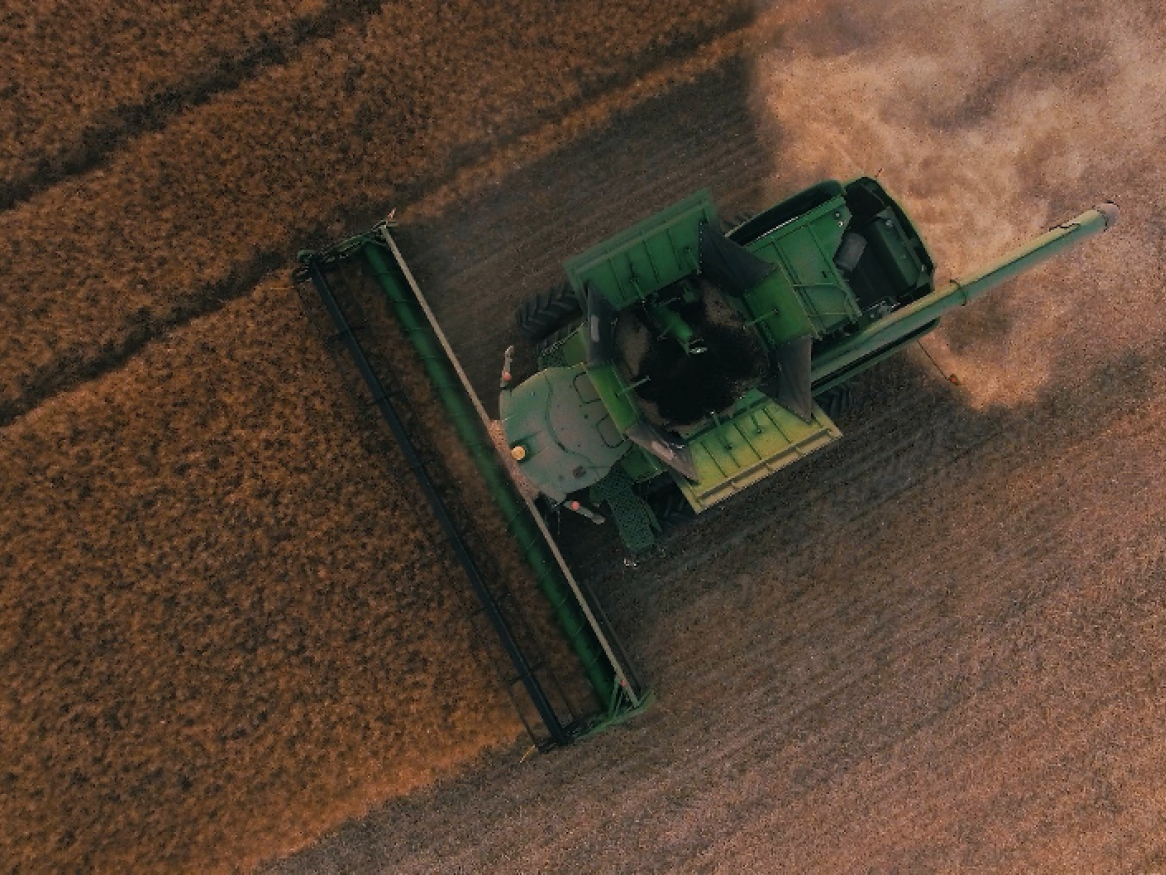
Ken Ash is an Independent Consultant, IIT Visiting Fellow, and former OECD Director of Trade and Agriculture.
Well-functioning global food systems matter, to all of us. Global food systems perform well overall, and today provide more safe, nutritious, and affordable food per capita than ever before. At the same time, over 800 million people are undernourished and a higher number are overweight.
Pacific Trade Agreement Opens Door for Travel Bubble and Rule of Law
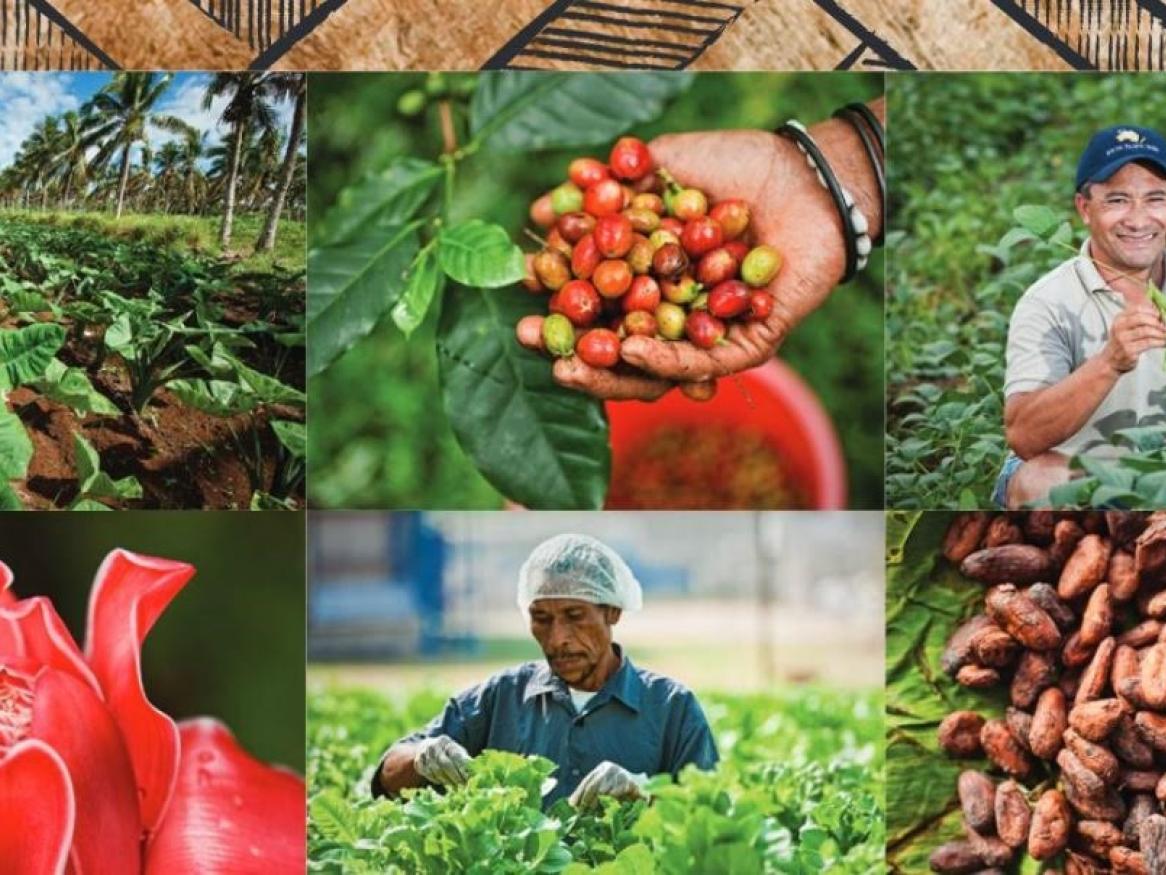
Jim Redden; Director, Economic Development Services Ltd. Visiting Fellow, Institute for International Trade, Adelaide University and Peter Draper
Executive Director, Institute for International Trade, Adelaide University.
A ground-breaking trade agreement set to enter into force on December 13th (soon to be announced by Trade Minister Birmingham) could open the door for a regional travel corridor between Australia, New Zealand and most Pacific Island countries, while reinforcing the importance of a rules-based trade order in the region.
[Read more about Pacific Trade Agreement Opens Door for Travel Bubble and Rule of Law]
Managing the risks of rising government support: a case for policy transparency

Ken Ash is an Independent Consultant, IIT Visiting Fellow, and former OECD Director of Trade and Agriculture.
Governments generally support the smooth functioning of their domestic economies, through maintaining systems of good governance and the rule of law and ensuring a coherent macroeconomic and structural policy environment. Extraordinary support is sometimes also warranted, as is the case today to mitigate the economic impact of COVID-19. Few would dispute that these are essential roles for governments.
[Read more about Managing the risks of rising government support: a case for policy transparency]
New Data links Outward Investment in Services to Australia’s Services Export Performance
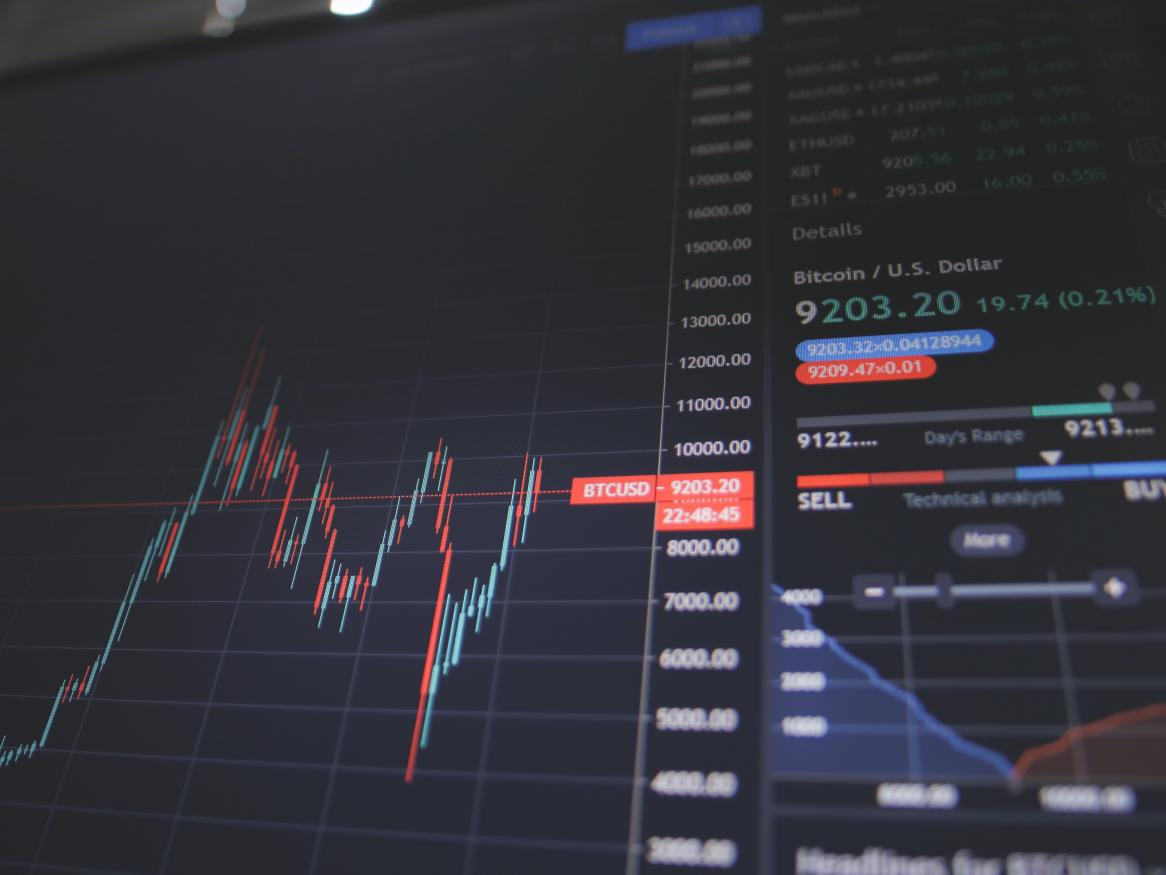
Jane Drake-Brockman is Industry Professor with the Institute for International Trade and Founder of the Australian Services Roundtable, which in 2020 celebrates its 20th anniversary.
Measurement of trade in services is notoriously difficult. The official statistics on imports and exports contained in the Balance of Payments (BOP) are well known, for example, as measuring poorly at best only three of the four modes of international supply of services.
China-EU Bilateral Investment Treaty negotiations in a crucial time: A Chinese Perspective

Chenye Zhang, IIT Visiting Researcher and PhD Candidate at the University for International Business and Economics.
A Chinese perspective: In November 2013 BIT negotiations between China and the EU officially commenced. The goal was to reach a high-level agreement covering investment protection and market access. At the China-EU Summit in 2019, both parties reached consensus on achieving a high-level BIT by the end of 2020. Although the COVID-19 pandemic has caused difficulties, China and the EU have been actively pushing the negotiations forward.
Resilient Teams for Trade

Lisa Hunt, Business Manager, Institute for International Trade, The University of Adelaide and Professor Peter Draper, Executive Director, Institute for International Trade, The University of Adelaide.
Over the past four months COVID-19 has exacerbated existing trade and geopolitical tensions, fuelled scepticism about the benefits of globalisation and seen already high-levels of economic uncertainty rise. As governments across the globe respond to protect their citizens lives and livelihoods, the resulting restrictions on the movement of people, capital, goods and services across borders has proven catastrophic for many businesses working in Global Value Chains (GVCs).
This work is licensed under Commons Attribution-NonCommercial-NoDerivatives 4.0 International License.
IIT is a global leader in researching, analysing and commenting on International Trade.
Stay informed about our up-and-coming seminars, events, publications, awards, new projects and collaborations, and other exciting news.
